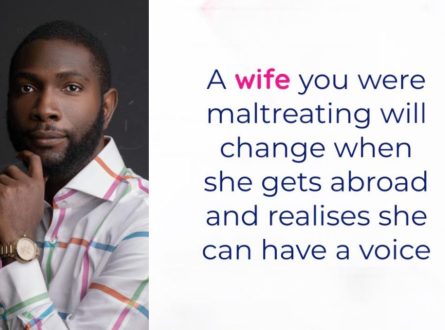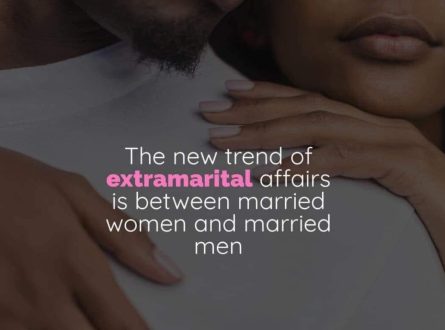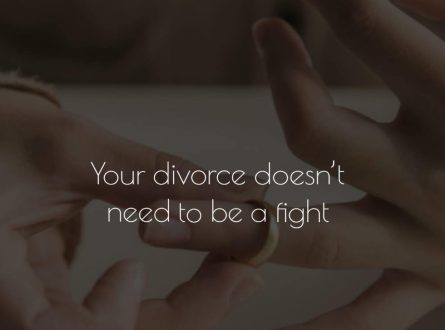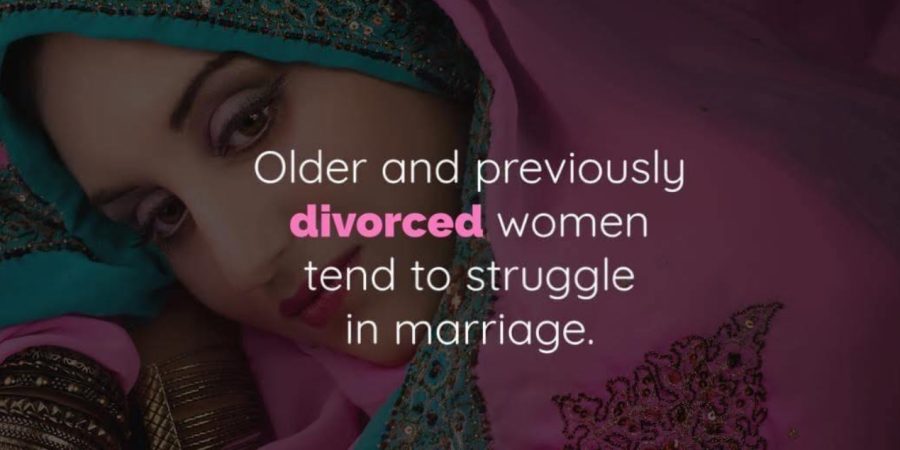Why Leaving an Abusive Marriage Isn’t as Simple as It Seems: Understanding the Hidden Barriers
“Just leave.”
It’s the advice we’ve all given or thought when hearing about someone trapped in an abusive marriage. It seems so straightforward, so obvious. Yet millions of people worldwide remain in relationships that harm them physically, emotionally, or psychologically. The question isn’t whether they should leave—it’s understanding why they can’t.
The reality is far more complex than outsiders perceive. Leaving an abusive marriage isn’t a simple decision; it’s navigating a labyrinth of barriers that can feel insurmountable. Let’s explore the often-invisible chains that keep people bound to toxic relationships.
The Financial Trap: When Survival Depends on Your Abuser
Economic dependence is one of the most powerful forces keeping victims in abusive marriages. When your next meal, your shelter, and your basic survival depend on the person who harms you, the choice becomes impossible.
Many abusers deliberately create financial dependence. They control bank accounts, prevent their spouse from working, or sabotage their career opportunities. Without money, how do you rent an apartment? How do you buy food for your children? How do you afford legal representation?
The math is brutal: leaving requires resources that the abuser has systematically denied. This isn’t weakness—it’s the calculated result of financial abuse designed specifically to eliminate the option of escape.
Family Pressure: When Your Support System Becomes Your Cage
The voices we trust most can become our greatest obstacles. Family members, often with good intentions, preach endless patience. “Give it time.” “Marriage requires sacrifice.” “Think of the family’s reputation.”
Traditional values can make this exponentially worse. In many cultures, returning to your family home after marriage is considered shameful—not just for you, but for your entire family. Parents who might otherwise offer support feel bound by tradition to turn you away, believing they’re protecting family honor when they’re actually abandoning you to harm.
This familial rejection transforms your safety net into another trap. When the people who raised you won’t catch you if you fall, jumping becomes terrifying.
The Echo Chamber of Peer Pressure
Friends can be surprisingly unhelpful when you need them most. Often, their advice reflects their own unresolved issues rather than your reality. Some project their beliefs about marriage onto your situation. Others, trapped in their own unhappy marriages, can’t bear to see you escape when they feel they cannot.
This peer pressure creates a distorted mirror, showing you a reflection of other people’s fears and compromises rather than your own truth. It’s not support—it’s a chorus telling you to stay small, stay quiet, stay trapped.
Societal Shaming: The Scarlet Letter of Divorce
Society treats divorced individuals as guilty until proven innocent. We’ve created a culture where marital status becomes a measure of character, where “divorced” is whispered like a confession rather than stated as a fact.
This collective judgment is powerful and pervasive. It seeps into job interviews, social gatherings, and even religious communities. The message is clear: staying in a bad marriage is somehow more honorable than leaving to save yourself.
The weight of this social stigma shouldn’t be underestimated. Humans are social creatures, and the threat of ostracism can feel like a threat to survival itself.
The Children’s Dilemma: An Impossible Choice
“I’m staying for the kids.”
This reason deserves compassion, not judgment. Parents in abusive marriages face heart-wrenching calculations. They know leaving might mean losing custody—abusers are often skilled manipulators who can present well in court. They fear their children will face discrimination as kids from a “broken home.” They can’t stomach the thought of another person raising their children.
What many don’t realize is that children absorb everything. They learn that love looks like control, that fear is normal, that relationships mean suffering. Sometimes staying “for the children” teaches them the wrong lessons about love, respect, and self-worth.
The Fear of Labels and Starting Over
The “divorced” tag carries weight that many don’t acknowledge until they fear wearing it themselves. It’s more than a word—it’s an identity shift that feels like failure in a society that glorifies marital permanence.
Coupled with this is the terror of being single again. Where do you even begin? The questions flood in: How do I navigate intimacy again? How do I build companionship from scratch? How do I trust another person when trust has been weaponized against me? What if I’m too old, too damaged, too tired to start over?
For some, the fear of rejection by future partners looms large. Age becomes a factor. Past trauma becomes baggage. The “divorced with baggage” stereotype feels like a prophecy rather than a description. And when deceptive suitors emerge—those seeking money or sex without genuine connection—these fears feel validated.
Spousal Intimidation: The Destruction of Self
Abuse doesn’t just hurt—it erodes. Over time, constant criticism, threats, and manipulation crush self-esteem until victims believe they’re worthless, incapable, and undeserving of better.
Many abusers explicitly threaten violence if their spouse tries to leave. These aren’t idle threats—statistically, the most dangerous time in an abusive relationship is when the victim attempts to leave. Fear isn’t irrational; it’s a survival instinct responding to real danger.
When you’ve been systematically convinced you’re nothing without your abuser, the idea of leaving feels less like liberation and more like self-destruction.
The Knowledge Gap: What You Don’t Know Can Trap You
Information is power, and its absence is imprisonment. Many people in abusive marriages don’t know:
- Their legal rights
- Available resources like shelters and support services
- How to safely create an exit plan
- That what they’re experiencing even constitutes abuse
Some have been so conditioned that their situation feels normal. When you don’t know that better exists, you don’t seek it. When you don’t understand that help is available, you don’t reach for it.
Education about healthy relationships, legal protections, and available resources can be literally life-saving. Knowledge creates options, and options create freedom.
Twisted Religion: When Faith Becomes a Weapon
This is uncomfortable territory, but it must be addressed. Religious teachings about marriage, commitment, and suffering are often weaponized to keep abuse victims trapped.
“God hates divorce.” “Submit to your husband.” “Your suffering has purpose.” “Marriage is a cross to bear.”
These interpretations of faith—twisted, decontextualized, and stripped of compassion—convince victims that leaving would be a sin greater than staying in harm’s way. Spiritual leaders, sometimes unknowingly, become accomplices to abuse by prioritizing the preservation of marriage over the preservation of human dignity and safety.
Faith should liberate, not imprison. When religion is used to normalize suffering, something has gone terribly wrong.
The Sunk Cost Fallacy: Too Invested to Walk Away
Years invested. Money spent. Dreams deferred. Pain endured. Promises made. The sheer weight of what you’ve put into a marriage can make leaving feel like wasting everything.
This is the sunk cost fallacy in its most painful form. We tell ourselves: “If I leave now, all that suffering was for nothing.” But staying doesn’t redeem past investment—it only guarantees future loss.
The years you’ve already lost can’t be recovered by losing more. The pain you’ve already endured isn’t honored by enduring more. Sometimes, the only way to give meaning to your suffering is to refuse to suffer further.
Marriage Is Beautiful—When It’s Healthy
Let’s be clear: marriage can be a source of profound joy, growth, and partnership. But not all marriages are worth saving, and not all commitment is virtuous.
If you’re in an abusive marriage, please know: You are not weak for struggling to leave. You are navigating genuine, substantial barriers that most people never face.
The path out exists, but it requires resources, support, and planning:
- Financial planning: Quietly open a separate bank account, document financial abuse, explore employment options
- Legal knowledge: Consult with a lawyer who specializes in domestic violence cases
- Support networks: Connect with domestic violence organizations who understand these dynamics
- Safety planning: Work with professionals to create a safe exit strategy, especially if physical violence is present
- Therapy: Rebuild your sense of self and process trauma with a professional who specializes in abuse


















